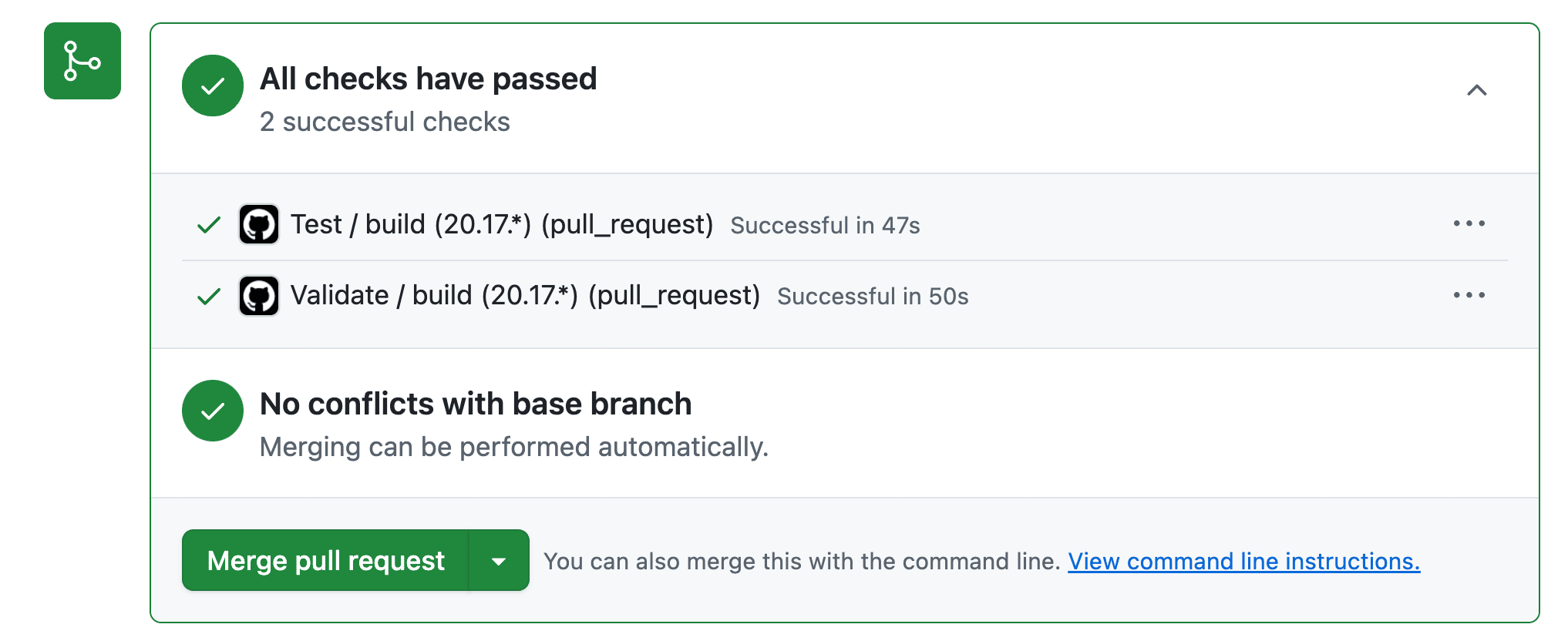Installation
Learn how to connect your repositories to Hypermod
This guide will walk you through the process of connecting your GitHub repositories to Hypermod. Once connected, you'll be able to deploy automated code transformations across your codebase.
Prerequisites
Before you begin, ensure you have:
- A GitHub account
- Admin access to the repositories you want to connect
- Installed the Hypermod GitHub App
Connection Process
1. Access the Dashboard
After logging in, navigate to your Hypermod dashboard. Press the "Manage installation" button to install the Hypermod GitHub App. Select the orgs and repositories you want to connect to Hypermod. Once you have installed the Github App you will be redirected back to the dashboard. You'll now see a list of repositories that are available for connection.

2. Select Repositories
You can now select the repositories you want to connect to Hypermod.
In the dashboard view:
- Review the list of available repositories
- Select the checkboxes next to the repositories you want to connect
- You can connect multiple repositories at once

3. Initiate Connection
Click the "Connect Repositories" button to start the connection process.
This will:
- Create pull requests in each selected repository
- Add the necessary GitHub workflow file for Hypermod integration

4. Review Pull Requests
For each selected repository, Hypermod will create a pull request that adds a GitHub workflow file. This workflow file:
- Is essential for Hypermod's operation
- Should not be modified
- Enables secure communication between Hypermod and your repository
- Handles the execution of code transformations
The Hypermod workflow file will be added to the .github/workflows/ directory in your repository.
This workflow file is how Hypermod will be able to securely dispatch transformations to your repository.
For more information on the workflow file, see our Security Policy.

Example workflow file:
# Preview of the workflow file (DO NOT MODIFY) name: Hypermod on: workflow_dispatch: inputs: deploymentId: description: 'The deployment ID containing instructions to apply on a repository' deploymentKey: description: 'The deployment key to authenticate the request' jobs: receive_hypermod_event: permissions: write-all runs-on: ubuntu-latest steps: - uses: actions/checkout@v2 - name: Run Hypermod CLI uses: hypermod-io/action@v1 with: deploymentId: ${{ inputs.deploymentId }} deploymentKey: ${{ inputs.deploymentKey }} env: GITHUB_TOKEN: ${{ secrets.GITHUB_TOKEN }}
5. Merge Pull Requests
To complete the connection:
- Review the pull request in each repository
- Merge the pull requests to enable Hypermod integration
- The workflow file will be added to
.github/workflows/in your repository

6. Verification
Once the pull requests are merged:
- The repositories will show as "Connected" in your dashboard
- You'll be able to deploy code transformations to these repositories
- The connection status will update automatically
Connection Status
Your repositories can have the following statuses:
- Pending: Pull request has been created but not yet merged
- Connected: Pull request has been merged and repository is ready for transformations
- Failed: Connection attempt failed (check repository permissions)
Next Steps
After connecting your repositories, you can:
- Create your first code transformation
- Deploy transformations
- Your first codemod
- Learn about best practices
Troubleshooting
If you encounter any issues during the connection process:
Common Issues
- Workflow Permissions
- In your repository settings, ensure Workflow permissions are set to "Read and write".
- Go to your repository settings
- Navigate to "Actions"
- Under "Workflow permissions", set the permissions to "Read and write"
- Save the settings
-
Pull Request Creation Failed
- Verify you have admin access to the repository
- Check GitHub App permissions
-
Workflow File Conflicts
- If you have existing workflows, ensure there are no naming conflicts
- Do not modify the Hypermod workflow file
-
Connection Status Issues
- Try refreshing the dashboard
- Check GitHub Actions permissions in your repository settings